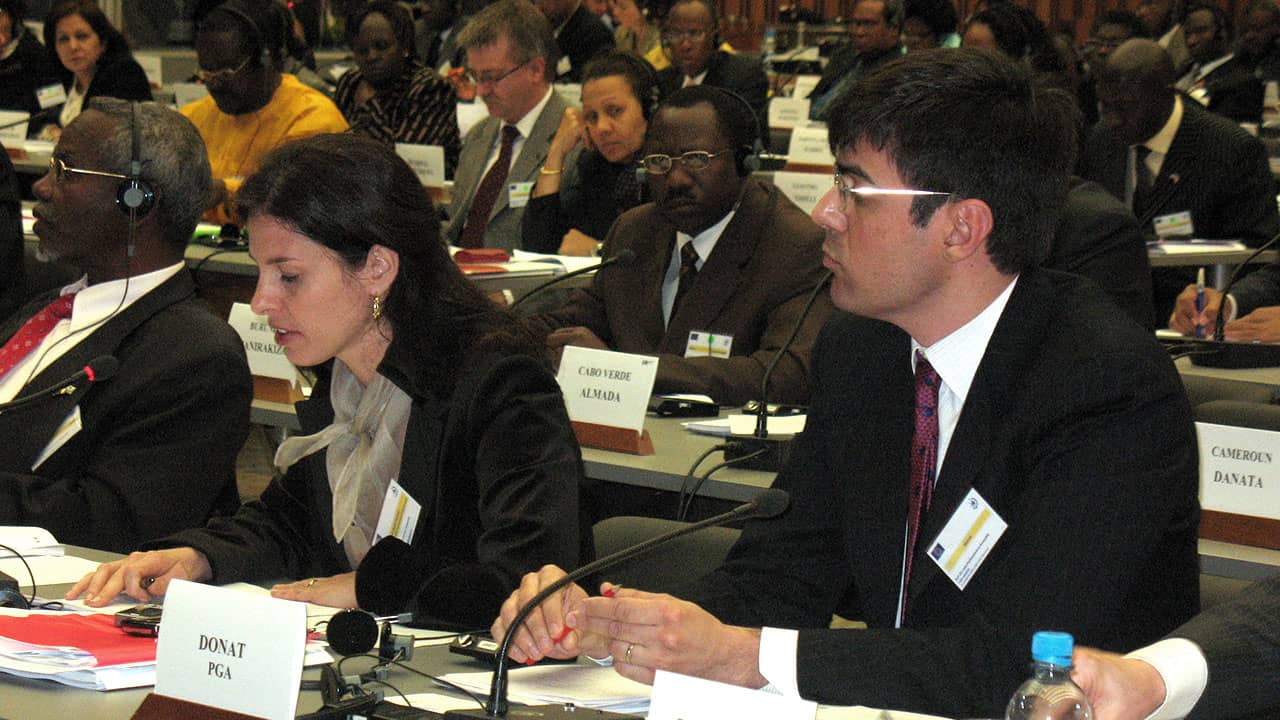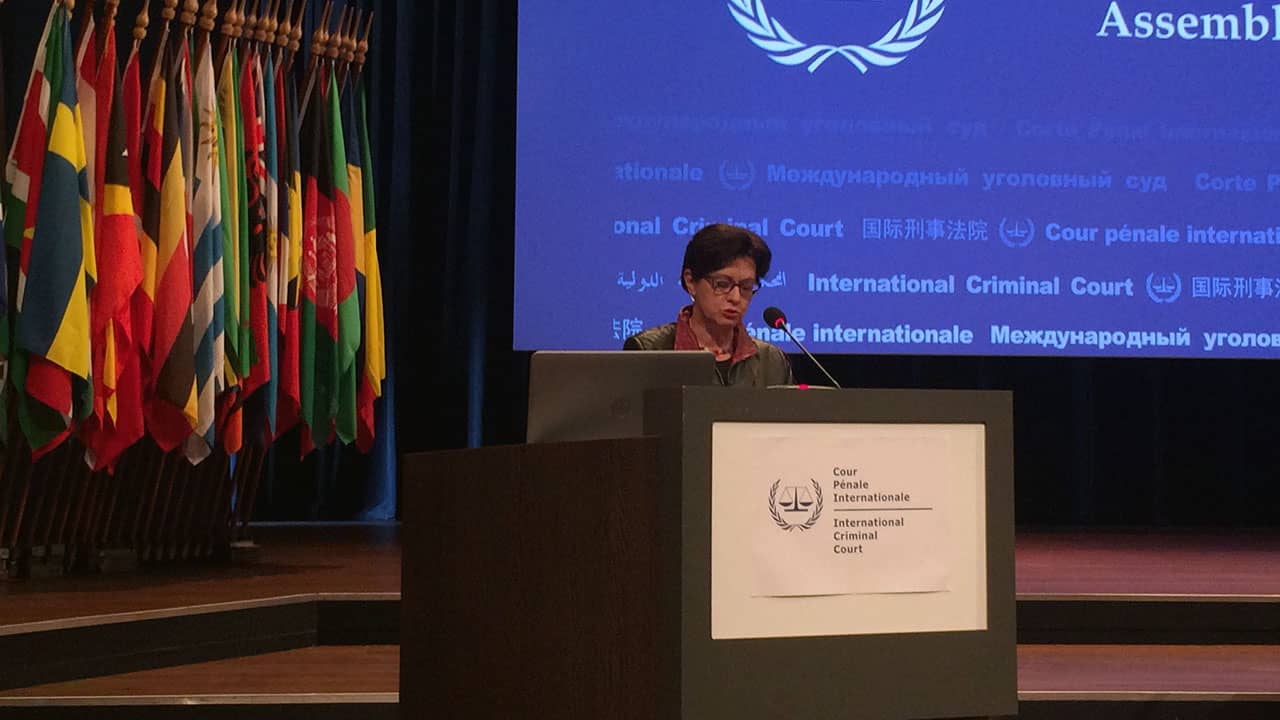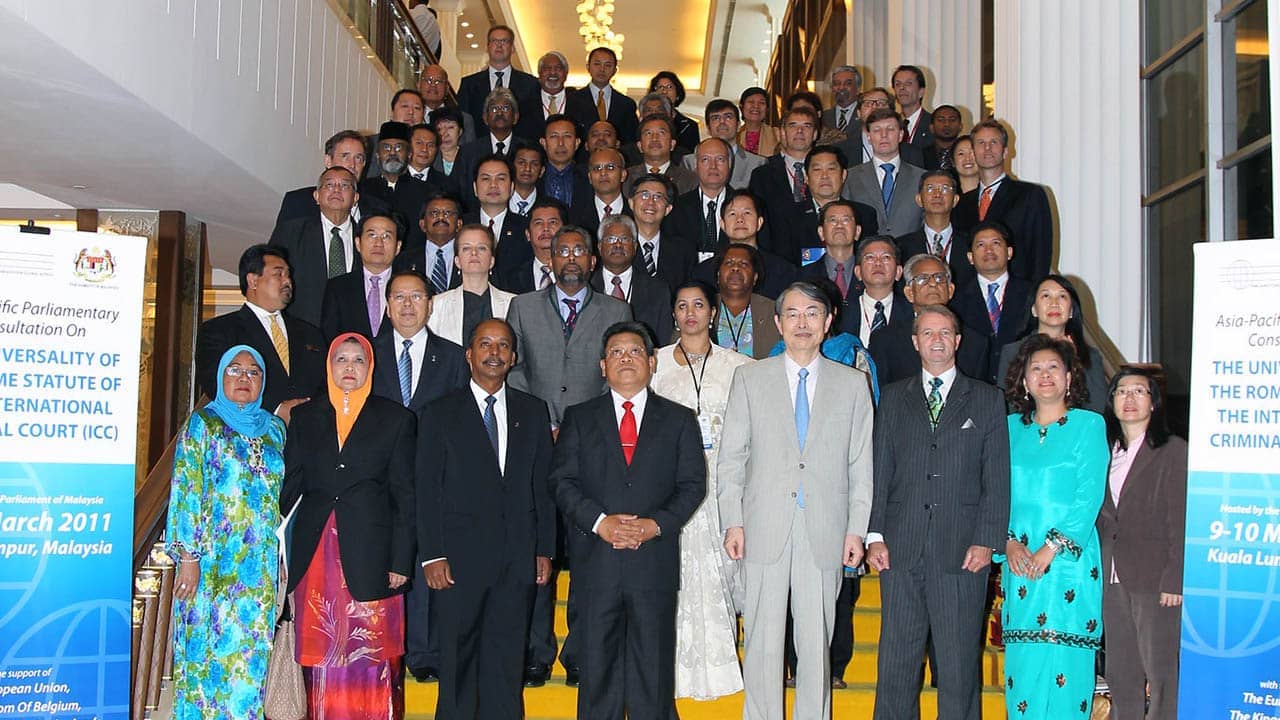Vanuatu deposited its instrument of accession to the Rome Statute on 2 December 2011.
Government type:
Parliamentary republic
Objectives:
-
Implementation of the Rome Statute
-
Accession to APIC
-
Ratification of Kampala Amendments
Status
-
Rome Statute: Acceded on 02 Dec 2011
-
APIC: not signed or acceded
-
Amendments to the RS: none
-
BNSA: signed on 21 March 2003; entered into force 24 March 2004
-
Voluntary Agreements with the ICC: None
Background:
At the Pacific Outreach Round Table in Sydney, on 16 February 2012, Ms Jenny Tevi (Senior Desk Officer, Treaties and Conventions Division, Department of Foreign Affairs, Vanuatu) indicated that its legislative drafting process would start by the preparation of a policy paper seeking approval from the Council of Ministers to commence the preparation of implementing legislation. The Legal Drafting Unit would then be provided with drafting instructions and would commence work on draft legislation. She further stated that Vanuatu would appreciate assistance with the drafting process.
ASP
Vanuatu attended the ASP for the first time in 2016. The Minister of Justice and Community Services, Ronald K Wasal, delivered a statement in which he expressed the support for the ICC and encouraged extension of the ICC`s outreach to the Asia-Pacific Islands, in particular to those that are not yet State parties to the RS.
Potential obstacles towards full implementation of the Rome Statute and ratification of the Kampala Amendments
As identified in the other Pacific Islands States, the fundamental impediment towards full implementation of the RS or ratification of the Kampala Amendments might be a lack of capacity to draft the legislation. Vanuatu has expressed on several occasion its eagerness to further the process of implementation of the RS, but explicitly asked for assistance with the drafting process.








